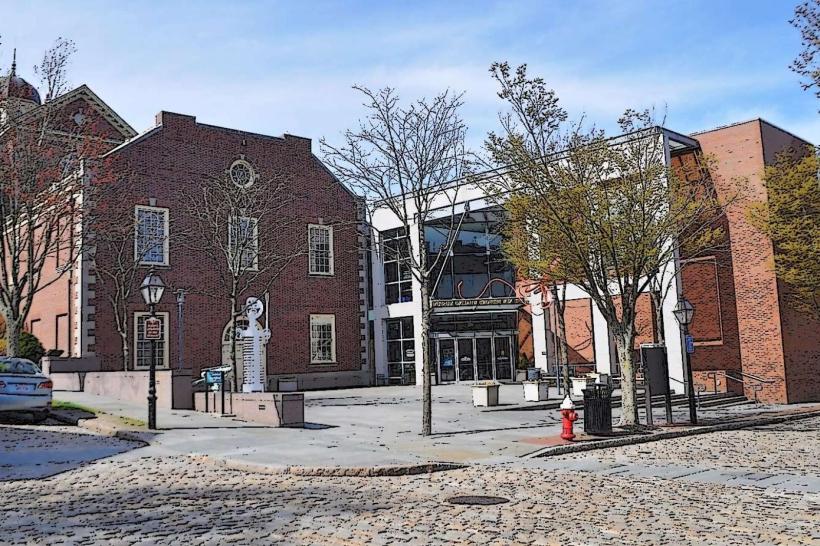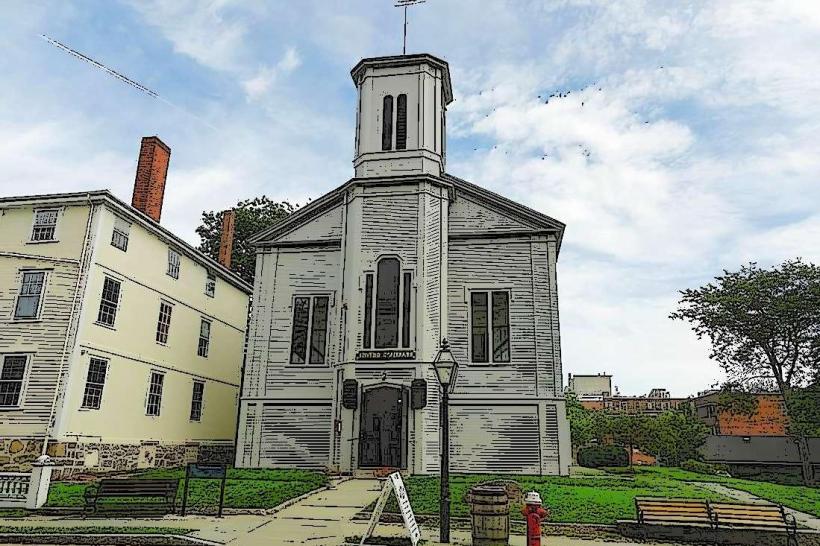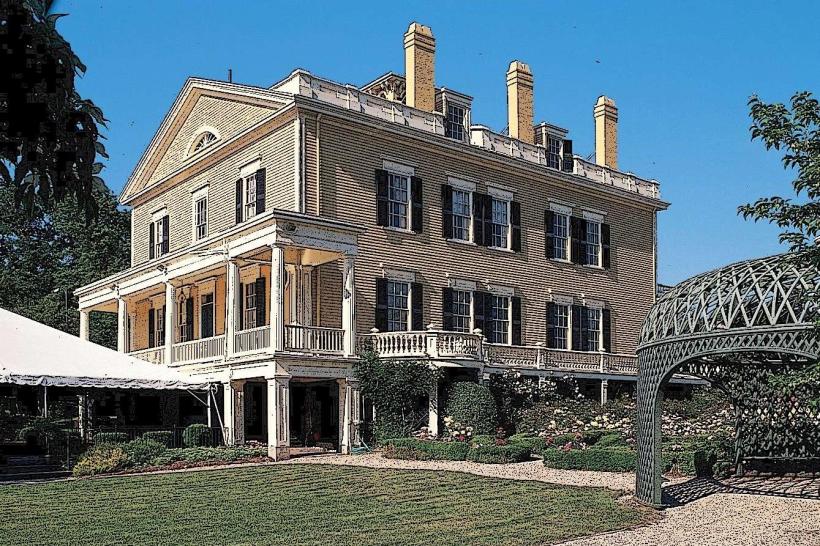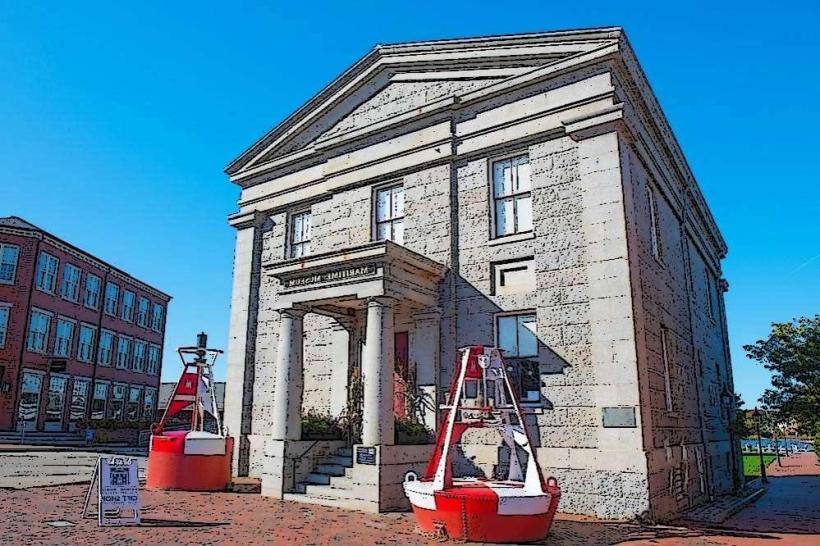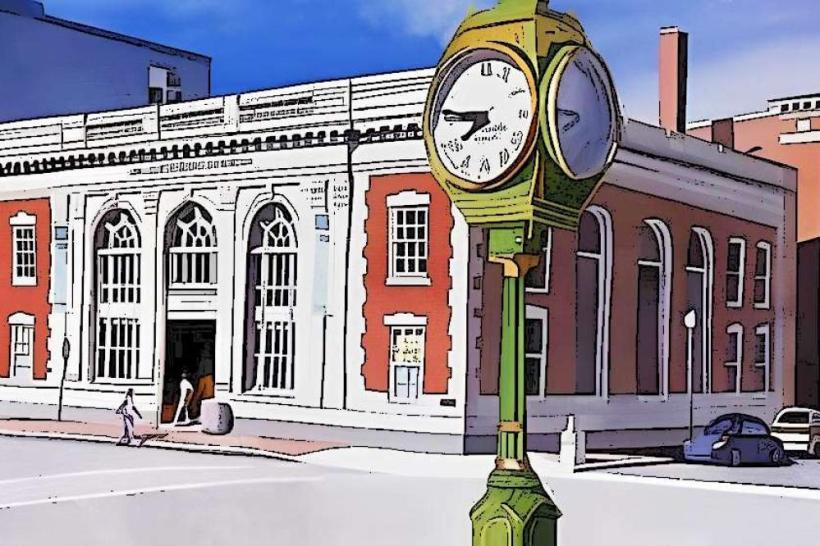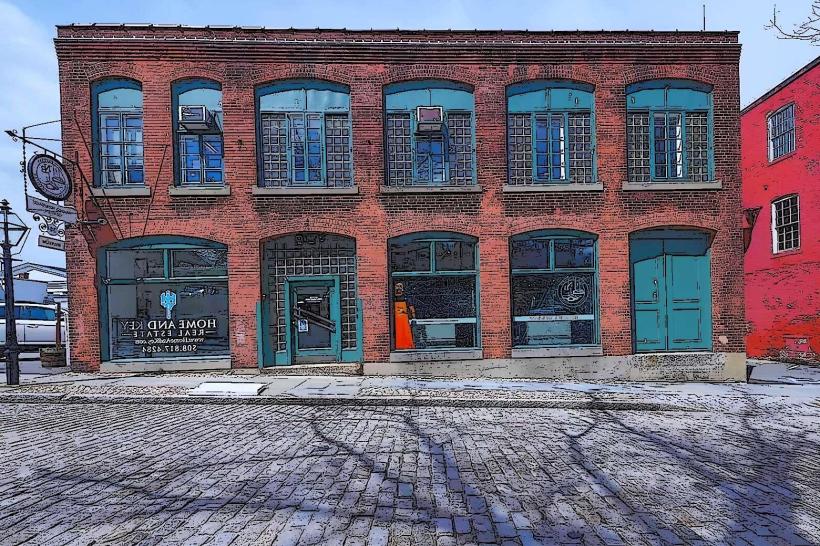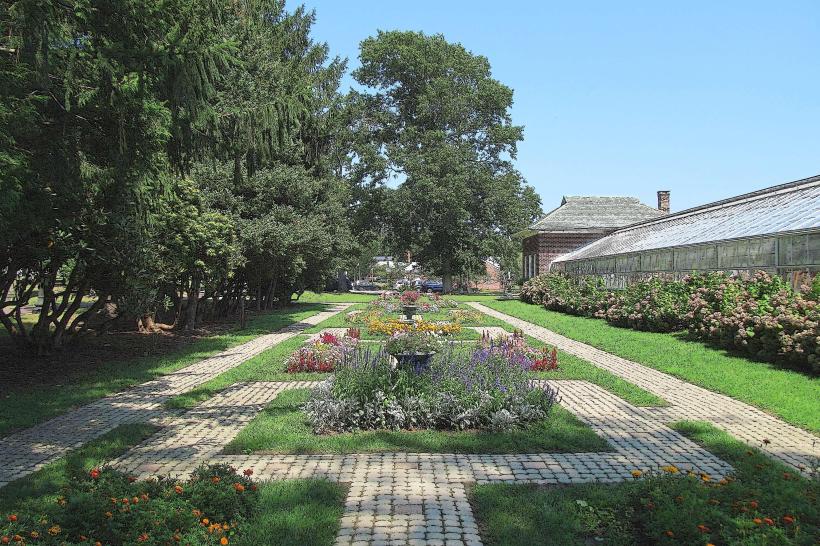Information
Landmark: Buttonwood Park ZooCity: New Bedford
Country: USA Massachusetts
Continent: North America
Buttonwood Park Zoo, New Bedford, USA Massachusetts, North America
Buttonwood Park Zoo, located at 425 Hawthorn Street in New Bedford, Massachusetts, is one of the oldest and most cherished zoological institutions in the United States. Established in 1894, it holds the distinction of being the 12th-oldest zoo in the country and the third-oldest in New England. Over its long history, the zoo has evolved from a modest collection of local wildlife into a modern, accredited facility that emphasizes wildlife conservation, education, and community engagement.
Historical Overview
The zoo began as a small park housing native animals, reflecting the 19th-century public fascination with natural history and exotic species. Throughout the 20th century, Buttonwood Park Zoo expanded its animal collection, infrastructure, and educational programming, adapting to changing standards in animal welfare and zoo management. It became a member of the Association of Zoos and Aquariums (AZA), a prestigious accreditation that reflects high standards of animal care, conservation, and education.
Buttonwood Park Zoo's development parallels the city of New Bedford’s growth, providing recreational and learning opportunities to generations of residents, while also participating actively in species preservation and environmental stewardship efforts.
Animal Collection and Exhibits
Today, Buttonwood Park Zoo is home to over 250 animals representing more than 80 species. The zoo’s diverse collection is organized into thematic exhibits that highlight animals native to North America, tropical rainforests, aquatic environments, and more:
North America East & West: This section features iconic native species such as black bears, river otters, beavers, bald eagles, American bison, cougars, and bobcats. These exhibits showcase the biodiversity of North America and emphasize habitat preservation.
Aquatics: The aquatic exhibits include harbor seals, various shorebirds, amphibians, and reptiles. These displays focus on aquatic ecosystems and the animals’ adaptations to marine and freshwater environments.
Rainforests, Rivers & Reefs: This tropical-themed area houses colorful birds, monkeys, and reef fish, offering visitors a glimpse into some of the planet’s most vibrant and diverse habitats.
Elephants and Rhinos: Historically, the zoo was home to Asian elephants, notably Emily and Ruth, beloved by the community. In recent years, the zoo has shifted focus towards conservation of greater one-horned rhinos, aligning with broader species survival plans.
Animal Ambassadors: The zoo also maintains a group of smaller animals used in educational outreach, including Virginia opossums, skunks, and Madagascar hissing cockroaches, allowing visitors, especially children, to learn about wildlife in an interactive way.
Conservation and Education
Buttonwood Park Zoo is deeply committed to conservation, both locally and globally. It participates in several initiatives including:
Species Survival Plans (SSP): Coordinated breeding programs aimed at maintaining genetically healthy populations of endangered species.
Cape Cod Stranding Network: The zoo aids in the rescue and rehabilitation of marine mammals found stranded along Massachusetts’ coast.
Environmental Education: The zoo offers a wide range of programs for school groups, families, and adults, emphasizing ecological awareness, wildlife biology, and the importance of conservation.
One of the most innovative educational areas is Charlie’s Nature Play, a certified Nature Explore classroom. This space encourages children to engage with natural materials and outdoor play, fostering a connection with the environment through hands-on exploration.
Visitor Attractions and Amenities
The zoo is designed to provide a family-friendly experience with amenities and attractions including:
Wildlife Carousel and Black Bear Express Train: Seasonal rides that add fun and charm, especially popular with young visitors during spring through fall.
Picnic Areas and Playgrounds: Spaces for families to relax and children to play, complementing the animal exhibits.
Annual Events: The zoo hosts several community events such as Boo at the Zoo for Halloween festivities, Red, White, and Brew celebrating summer, First Taste of Fall highlighting seasonal foods, and Cookies, Paws, and Santa Claws during the winter holiday season. These events enrich visitor experience and foster community involvement.
Practical Visitor Information
Location: 425 Hawthorn Street, New Bedford, MA 02740, conveniently accessible from city centers and highways.
Hours of Operation: Open daily year-round from 9:00 AM to 4:00 PM.
Admission Fees:
New Bedford Residents: Adults $7.50, Seniors/Students $6.00, Children (3–12) $4.50.
Non-Residents: Adults $10.00, Seniors/Students $8.00, Children (3–12) $6.00.
Children under 3 enter free.
Accessibility: The zoo is fully accessible, with paved pathways suitable for strollers and wheelchairs.
Facilities: On-site amenities include restrooms, a gift shop, and food concessions available seasonally.
Cultural and Community Role
Buttonwood Park Zoo serves as both a recreational destination and an educational resource for New Bedford and the surrounding communities. It plays an important role in fostering awareness about wildlife conservation, inspiring future generations to care for animals and the environment. Its long history and continuous evolution reflect the community’s values and its commitment to preserving biodiversity.
The zoo’s integration of modern exhibits, educational programming, and community events ensures it remains a vibrant and meaningful institution, balancing the joy of animal encounters with the critical mission of conservation.
Summary
Buttonwood Park Zoo is a historic and modern zoological garden that offers visitors an engaging, educational, and fun experience. With its diverse collection of animals, strong conservation focus, hands-on educational programs, and family-friendly amenities, the zoo exemplifies how urban zoos can serve as important centers for wildlife preservation and community enrichment. Its rich history as one of America’s oldest zoos adds depth and character to the experience, making it a must-visit destination in New Bedford.

